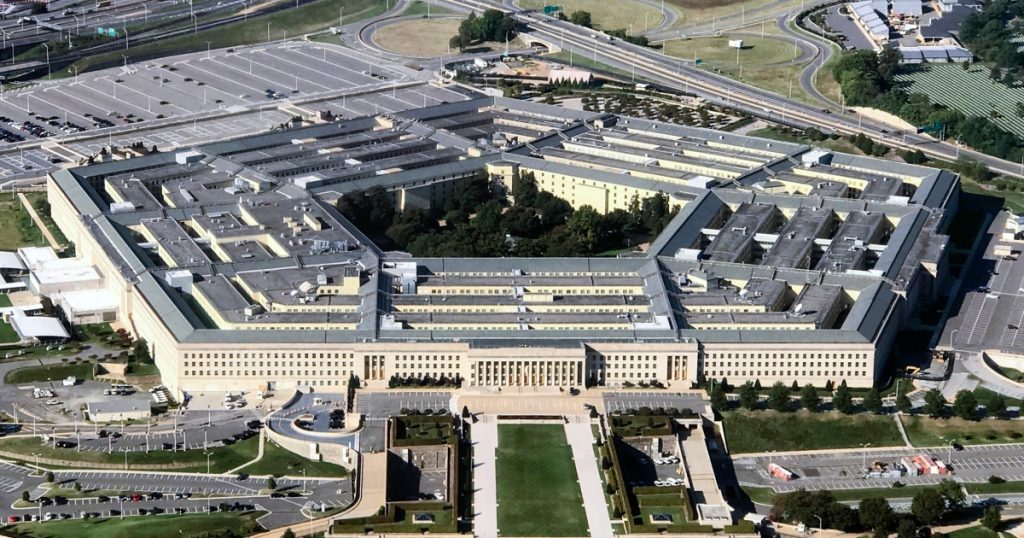The United States is deeply concerned about Russia’s development of an anti-satellite nuclear device that could potentially pose a threat to all satellites operated globally. John Plumb, assistant secretary of defense for space policy, warned lawmakers about the potential danger of Russia flying a nuclear weapon in space that would not discriminate between military, civilian, or commercial satellites. While he emphasized that the threat is not imminent, the Department of Defense and the Biden administration are closely monitoring the situation. Plumb noted that if such a weapon were deployed, low-Earth orbit could be rendered unusable for up to a year due to the radiation from a nuclear detonation, affecting numerous satellites.
Plumb’s testimony marked the first time the Biden administration openly discussed the potential Russian anti-satellite capability in a congressional hearing. Republican Rep. Mike Turner of Ohio questioned Plumb about the Russian program, echoing previous calls for the White House to declassify information on a national security threat. Plumb highlighted in his written testimony that the Russian anti-satellite capability in development could jeopardize the operations of satellites crucial for communication, science, meteorology, agriculture, commerce, and national security worldwide. This development has raised concerns about the potential consequences of a nuclear detonation in space, with Defense Secretary Lloyd Austin stressing that such an event would have devastating effects on various countries’ space capabilities.
The threat of an indiscriminate anti-satellite nuclear device from Russia has prompted the United States to escalate its vigilance in monitoring developments in space. Plumb emphasized that the potential impact of a nuclear explosion in space cannot be precisely determined, but satellites that are not hardened against such detonations would likely sustain damage, leading to a disruption of vital services. Plumb’s warnings underscore the need for international cooperation and regulations to prevent the deployment or use of nuclear weapons in space. It is considered irresponsible for any country to consider using such a weapon in space, given the catastrophic consequences it could have on global satellite operations and capabilities.
The Biden administration’s acknowledgment of the Russian anti-satellite program indicates a growing awareness of the evolving threats in space and the need to address them through strategic deterrence measures. Plumb’s testimony sheds light on the potential risks associated with the development of indiscriminate weapons in space, emphasizing the importance of safeguarding critical satellite infrastructure. The government’s efforts to engage with lawmakers and raise awareness about the implications of such weapons highlight the commitment to fostering transparency and cooperation in addressing emerging security challenges in space. As countries continue to advance their capabilities in space, the need for international agreements to prevent the militarization of space and protect vital satellite networks becomes increasingly urgent.
In conclusion, the concerns raised by the senior Pentagon official regarding Russia’s development of an anti-satellite nuclear device underscore the complex security dynamics in space and the imperative for global cooperation to mitigate the risks posed by such technologies. The United States government’s efforts to address this threat through strategic deterrence and diplomatic engagement reflect a commitment to upholding the stability and security of space operations. By raising awareness about the potential consequences of deploying nuclear weapons in space and advocating for international norms to prevent such actions, the Biden administration aims to strengthen resilience in the face of evolving security threats. As space becomes increasingly vital for commercial, scientific, and security purposes, safeguarding satellites from indiscriminate attacks is crucial for ensuring the continuity of essential services and minimizing disruptions in global operations. It remains to be seen how the international community will respond to these developments and work together to prevent the weaponization of space.


